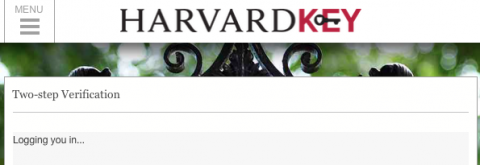CAMBRIDGE, MA--Yesterday at 1:03pm, panic seized socially awkward freshman Jeb Curtis.
A conversation with friends had reached an awkward lull, and as everyone else turned to their phones to read through hundreds of awaiting texts and Snapchats, a forlorn Curtis was left staring blankly into space.
But this time, Curtis was prepared. As he later told reporters, he had woken up extra early that morning to prepare for a tough day of talking to people. For hours, Curtis had logged in and out of HarvardKey, sending his phone a steady stream of two-step verification texts, until the messages took up his phone's entire memory.
Come that afternoon's awkward lull, Curtis knew what to do. Dramatically whipping out his phone, he made emphatic scrolling motions with both hands, before opening one of the randomly generated texts, feigning laughter, and pretending to type a response.
Reports indicate that the proliferation of messages on Curtis's phone correlate with an 84% increase in his perceived popularity. This phenomenon, known to behavioral psychologists as “Snapchat popularity," is notable for its fast rate of decay, especially after a friend borrowed Curtis's phone and noticed that his "girlfriend back home” was actually John Morris, HUIT's resident Apple Genius and all-around great guy.
Some academics, however, have taken issue with Curtis's actions, questioning the ethics of completely fabricating a vibrant digital social life and destroying the unquestionable integrity of social media in the process. When pressed for comment, however, Curtis stared at his feet and defiantly mumbled, "When life gives you lemons, make lemonade," before scurrying back to his room in Lamont basement.



